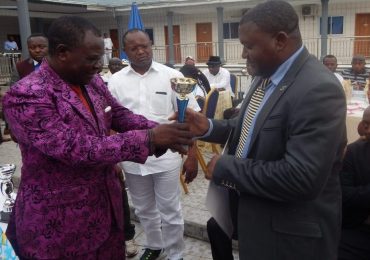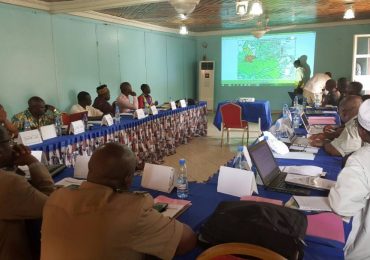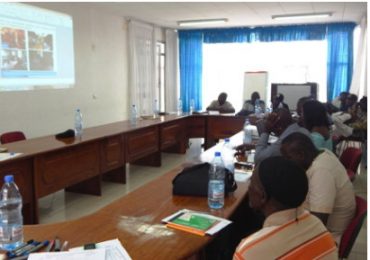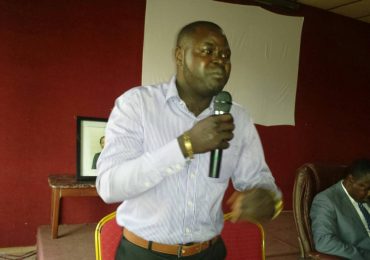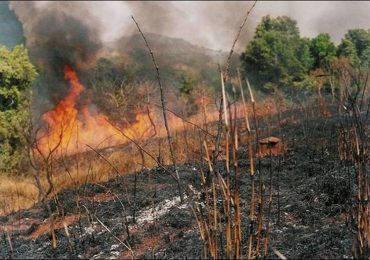Only 0.02% of the world’s population has access to quality drinking water, one in five work-related deaths worldwide are caused by poor drinking water. This was the substance of the24th edition World Water Day presentation, March 22, 2016organizedat the conference hall of the Baptist Health Complex Mutengene, Fako Division, Southwest Region.
By Che Azenyui Bruno
During the ceremony, stakeholders in the water sector in the Southwest brainstormed to bring forth solutions to the teething problem of water shortage in the region.
Presenting the message of the UN Secretary General Banki Moon at the event, the Regional Delegate of Energy and Water Resources, Awah Celestine, said that nearly one-in-five of the over two million work-related deaths the world over every year are caused by poor quality drinking water, inadequate sanitation and poor hygiene.
Awah said people with the least access to water and sanitation also lack access to health care and job security thereby sustaining the poverty cycle.
“I am especially concerned by gaps between cities and the countryside, men and women, and the rich and the poor. The basic provision of adequate water, sanitation and hygiene services at home, at school and in the workplace enables a robust economy by contributing to a healthy and productive population and workforce,” said the Regional Delegate.
According to Mondoa Namanga Joseph, the Chairman of Mutengene Water Project that hosted the event, despite the huge efforts of government, civil society groups and the water utility company, most communities and Mutengene in particular still lack drinking water as a result of the constant rise in population, the misuse of the available water resources and the perception that water and its services are without charge.
“The consequence of this has been the wide misuse of the commodity by the population leading to the acute shortage we experience everyday. Water is free but the services of water are not free,” said Mondoa Namanga.
Representing the Southwest Regional Governor at the event, the Secretary General at the Governor’s office, Clement Fon Ndikum, reiterated that government has been investing enormously in the water sector, notably through drilling bore holes and several international engagements aimed at increasing water supply in the country.
World Water Day was first observed on March 22, 1993 following a declaration by the United Nations General Assembly emanating from recommendations made in Agenda 21 of the 1992 United Nations Conference on Environment and Development (UNCED) in Rio de Janeiro, Brazil.
This year’s event was organized under the theme “Water and Jobs”.




